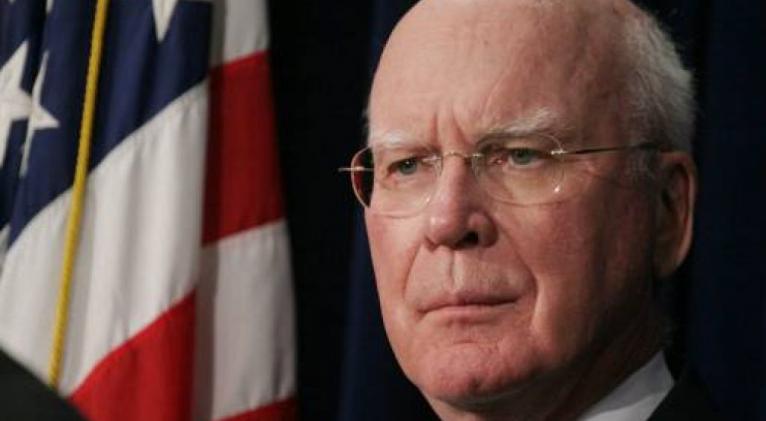US legislators criticise subversive USAID plan against Cuba

US legislators and health activists have criticized the recently exposed US plans to use an HIV-AIDS campaign in Cuba to carry out political activism, saying that such covert operations put US health programs at risk in all parts of the world.
The program, which was financed and supervised by the United States Agency for International Development (USAID), included sending a dozen Latin American youngsters to Cuba to recruit leaders and encourage a rebellion on the island.
Democratic senator Patrick Leahy, who heads a commission that supervises USAID’s budget, said on Monday that the situation would be worse than irresponsible if the agency planned to design an HIV campaign with political aims.
Meanwhile, members of InterAction, an alliance for international assistance, said that the use of a group of people to do espionage under the umbrella of an HIV action is unacceptable and that the US administration should never put at risk health or civic programs for the sake of doing espionage against any targets.
According to documents prepared for the USAID-sponsored program, cited by the Associated Press (AP) news agency, the HIV workshop was the perfect excuse to carry out political activity.
Leahy said that perhaps the USAID contractor found benefits with the idea, but it translated into a black stain on the long background of the agency as a leader in global health issues.
Meanwhile, AP gave more details on Tuesday about the disclosure of the subversive plan led by USAID.
Over the past two years, USAID sent to Cuba a dozen inexperienced youths from Venezuela, Costa Rica and Peru, reportedly to strengthen political opposition against the Cuban government. The Peruvian citizens, hired by USAID to boost political actions at universities, were led by two university students from Lima, one of them being the current advisor to the Peruvian minister of education.
Felipe Valencia Dongo and Jose Galves were well aware of the covert and illegal mission, which was cancelled following several security problems and because they were not able to achieve their goal, according to documents obtained by AP.
For USAID danger was evident, and also for the Latin American youths because one of the subcontractors on the payroll of USAID was Alan Gross, who had just been arrested in Cuba by the time the plan was launched. Gross is serving a 15-year prison term on the island.
For its subversive program USAID hired the Washington-based services of Creative Associates International, which was also the cornerstone to create a Twitter-like anti-Cuba social media platform called ZunZuneo, the existence of which was also exposed by AP in April. This plan aimed to send SMS messages to hundreds of thousands of Cubans to encourage political dissent.
Creative Associates member Irving Perez told Galves and Valencia Dongo during a conversation on Skype on September 3, 2010, that total discretion was crucial for the mission, which had been launched a year before. Valencia Dongo, who is now an official with the Peruvian education ministry, also passed the message to Pérez.
The collapse of the two-year operation led by the two men is extensively detailed in a report made by Perez for USAID on March 15, 2011, according to AP. Valencia Dongo’s mother, Bernarda Quintanilla, was the legal representative of Strendia, a company that her son and Galvez set up to receive funds from USAID.













Add new comment